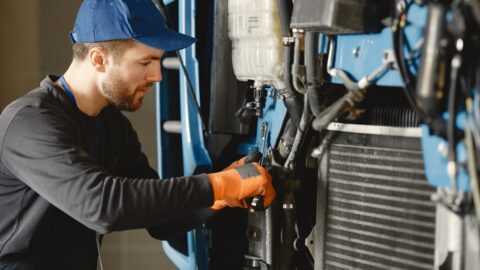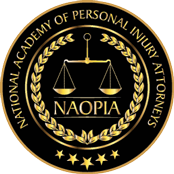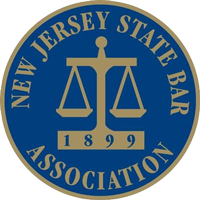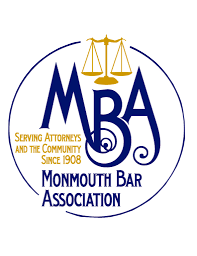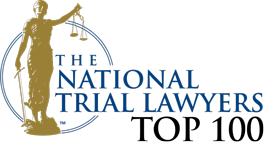In many workers’ compensation cases, a main issue is whether you have suffered an injury that entitles you to benefits; there are times when there are questions about whether your injury is work-related.
The vast majority of incidents that occur at work are compensable and our “workers’ compensation act” and the courts that enforce it are very liberal when determining whether an injury is work related especially when it occurs during work hours at the place of employment.
However, just because an injury occurs at work isn’t the end all be all. In 2014 an unreported case Fitzgerald v. Walmart cp 2-212-10294 applied an easier standard in which the case turned on whether the work provided an “added hazard”. In other words, if someone who has a bad knee falls while walking down the hallway at work because the knee buckled, there is an argument to be made that it’s not work related. However, if they fell tripping over a wired cord on the floor it would be compensable.
A more difficult scenario would be if this same individual’s knee locks up and they fall but on the way down hits their head on a desk then hits their elbow on the marble floor injuring both their elbow and head. Here, the worker would have a stronger argument because the desk and floor caused the injuries.
Even if compensable the employer would only be responsible for the injuries to the elbow and head not any injury to the knee which was not caused by anything at work and the underlying condition which caused the fall in the first place. See George v. Great Eastern Food Products 44 NJ 44 (1965)
Moreover, if someone is at work sitting at their desk and passes out onto the floor because they are diabetic and suffered from a low blood sugar hurting their shoulder it likely would not be work related. However, if that same person is driving to or from an appointment for work and while driving crashes due to passing out from the low blood sugar, the Court would likely find the driving for work was an “added hazard”.
We unfortunately also often see cardiac events occurring at work, but many times there is a question of whether the work caused the cardiac event. This becomes a question of fact and it’s extremely important to have a workers’ compensation attorney involved in the case from the beginning.
While you do not have to prove that someone else is negligent, you have the burden of proof to show that you qualify for benefits. Workers’ compensation benefits require you to demonstrate a work-related injury. Usually, this injury would come from an accident or exposure to something dangerous on the job.
You Can Use Other Sources of Evidence for Your Claim
There are other ways to establish that you suffered a work-related injury. Your best protection is to notify your employer of your injury immediately after it happened. Your employer may launch an investigation into your injury. Then, you would seek medical help, and your treating doctor could give their own opinion of the cause of your injury. You could also get testimony from an expert witness who could explain what happened.
You Can Appeal When Your Claim Is Denied
You still have legal rights if the insurance company has denied your claim. You can and should file a claim petition with the New Jersey Division of Workers’ Compensation. A lawyer can help you with this process and an experienced lawyer will file the appropriate motions to ensure you received all the benefits you are entitled to.
Contact Our Monmouth and Middlesex County Workers’ Compensation Lawyers at the Law Offices of Michael S. Williams for Legal Help With Your Injury
If you have been injured on the job and need help with your claim, a Workers’ Compensation lawyer at the Law Offices of Michael S. Williams is here for you. Call 732-351-2800 or contact us online to schedule a free initial consultation. Our offices are located in Tinton Falls and New Brunswick, New Jersey and we serve not only clients in Monmouth and Middlesex County, but throughout the state.


